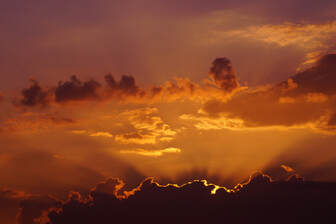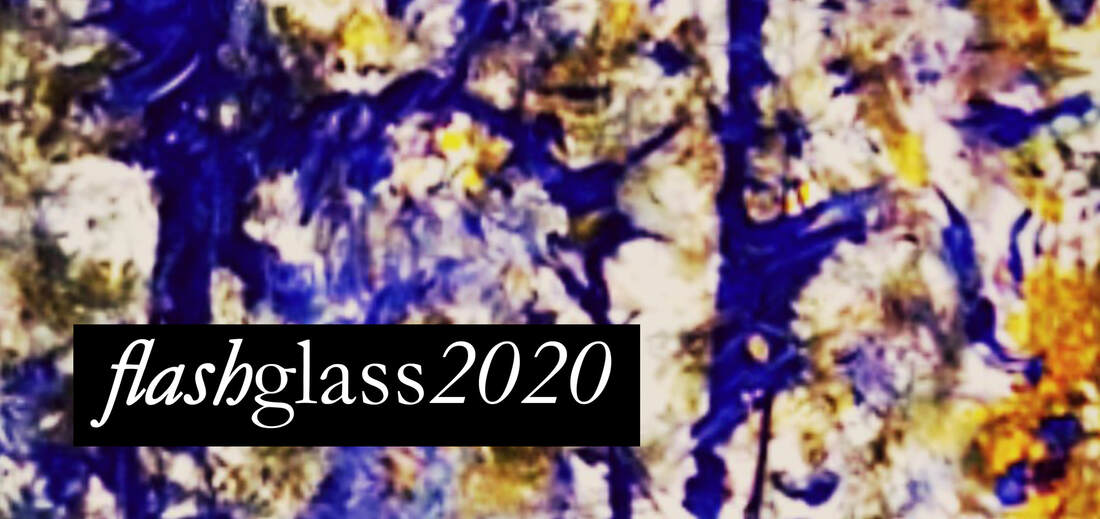 When I was a kid, I felt guilty whenever my grandfather would talk to me about God and His miracles, because I didn’t believe in Him, and didn’t think that miracles were written in the dictionary of the remotely plausible. In my case, I’ve found that everything rests in the tumbling of dice or the dancing of tops. I still feel guilty when he tells me that the Lord is watching him, unseen but always present, and thanks Heaven that he has so much faith, because if he didn’t, he’d be trapped in a cage of his own design, brutalized by doubt and chilly facts. In other words, he’d be like me. I sometimes envy the miracles he holds dear because he never lets them slip through the cracks in his fists. Every day is a miracle, he declares, even the day you die, because nature is a miracle, too, and so is the soul. In response, I think of the nothingness I expect to experience when I have my final breath, and the lack of anything that could be considered a miracle. But he expects one anyway. And even if the otherworldly miracle of Heaven turns out not to exist, he can at least count the many he’s already had for himself, and that would be a miracle in itself. My grandmother’s recovery from cancer was a miracle, he says, and those tears, those agonies wrote him a tome of memories that recount more miracles than he has seen in all the years he has witnessed the days turn, the seas wax and ebb, the leaves of the Earth fall and swell and fall again. But I saw my grandmother’s recovery as effective chemotherapy for corrupted tissue and the skill of surgeons unable to tell a miracle from an unexpectedly good prognosis. But those doctors were miracles, too, he says, because they let him keep the miracle he could not live or love without. He says his age is a miracle, that he should have died long ago, yet he has lived to see me grow, and that has been the only miracle he could have ever asked for. Maybe he will live to see a miracle in a decade, he says, when my college degree hangs from an office wall, when my own children scamper through my house, when I discover and foster other miracles of my very own. Maybe with advances in medicine it will happen, I tell him. He says it would be a miracle if it did. I often wonder if he fashions these miracles with his own liver-spotted hands, or if he simply finds miracles buried beneath his feet, in piles of neglected dreams, and unearths them and repaints them and places them on his bedside shelf, where they can live forever, because miracles cannot expire like people can. When he dies, I imagine he’ll compliment the flower bouquets arranged around his resting bed and say it is a miracle that they bloomed just for him. And maybe, by then, I’ll be able to say it was a miracle that he was with me long enough to tell me all of these things, even if it was by chance that the sun rose and set a certain way, on a single day, however many years ago, and breathed us into life.  Andrew Jason Jacono is a proud Manhattan native who has been writing ever since he could hold a pen. His work has previously appeared or is forthcoming in Cleaver Magazine, Maudlin House, Riggwelter, Gone Lawn, and Thin Air Magazine, among others. If you'd like to learn more about him, you can visit his website: www.andrewjacono.com.
0 Comments
|
FLASH GLASS: A MONTHLY PUBLICATION OF FLASH FICTION, PROSE POETRY, & MICRO ESSAYS
Categories
All
COVER IMAGe:"Ice Crystals"
|
|
Glassworks is a publication of Rowan University's Master of Arts in Writing 260 Victoria Street • Glassboro, New Jersey 08028 [email protected] |
All Content on this Site (c) 2024 Glassworks
|


 RSS Feed
RSS Feed
